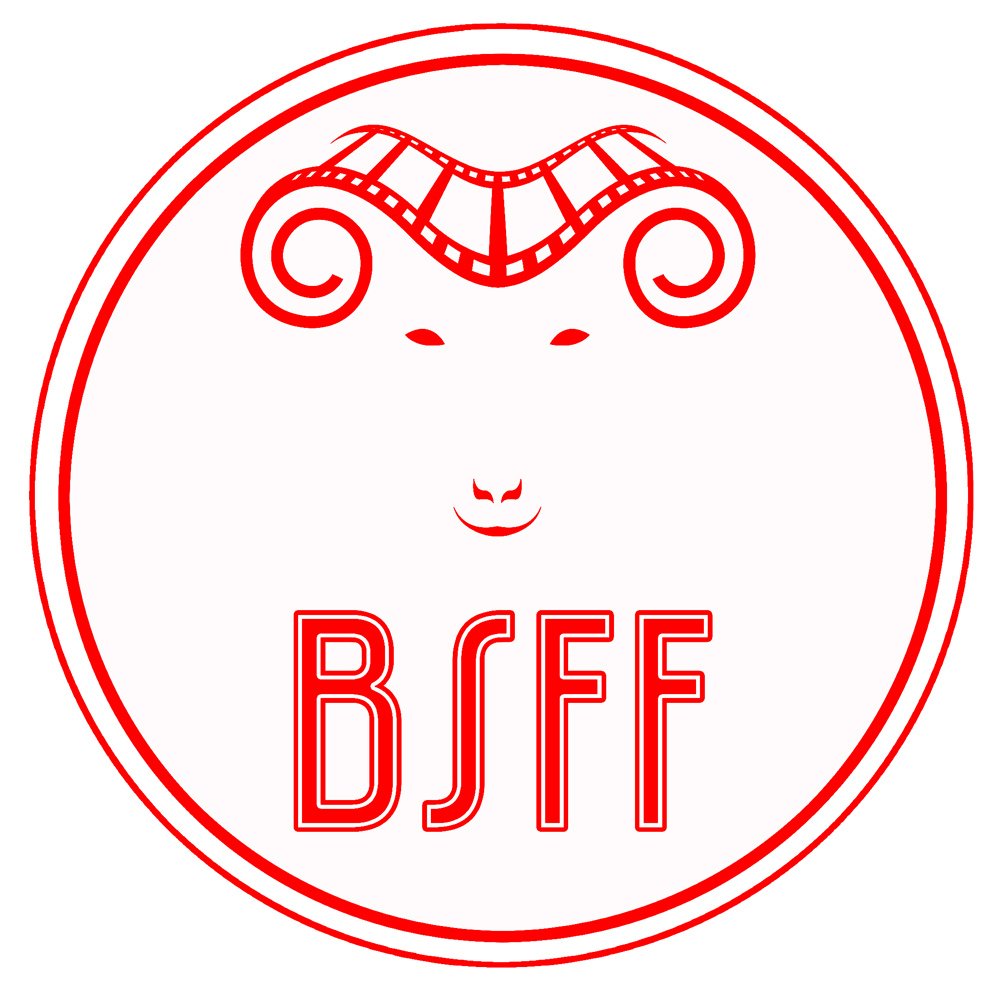A GENDER BIZ
S L O W S H U T T E R
| A weekly indy film blog on the BSFF website |
Not many people enamored with contemporary cinema are aware that the early years of the art form was embraced by creative females. Check out Fred Jee's post on this blog from May 5th to see a relevant example of this history.
Unfortunately, that female perspective was stifled once the Hollywood industry established itself. Not only was it an industry led by assertive business men rather than artists, but those business men were products of their cultural era. They tasked themselves with creating popular product. As such the common cultural ideals of society were accepted and perpetuated.
Thus, many women in the Hollywood were relegated to the editing room, to handle the "monotony" of cutting and splicing endless rolls of film. A simple business decision, right? After all, as was then assumed, women were more suited for more mundane repetitive tasks. This bit of prejudice was a burden for women better adept at expressing their ideas through directing.
Ironically (if you've ever edited a film) the editing process is really one of the most difficult and expressive steps of film making. Well, IMHO, at least.
Still, the voice of an entire gender was suppressed in an industry that could have championed it. Now, that was never likely, but there's a certain cultural legacy that comes with it. A huge part of that legacy is how women have been portrayed in popular film. Since men sailed the film making ship, most females onscreen are seen as traditional archetypes/stereotypes.
Rightly or wrongly, that's the way it was/is. But, there is a reason for it. Stereotypes are storytelling shorthand. Audience immediately know a character's role because of what they represent. Thus, film makers more enamored with plot can skip over character development and get to the "good stuff" that really packs people into the seats! Monsters, explosions, violence, etc.
Indy film is lucky in that it's not confined to continue those conventions. It's outside the industry so it's theoretically free to do whatever it pleases. Ironically, it doesn't always do so. It's understandable. Movies reflect society, society reflects the movies. It's a cultural feedback loop.
Ultimately, these are our tropes about gender. They are exaggerated in our culture because of the legacy of, I think weirdly enough, the 19th century Victorian era. And since the 20th century saw the narrative rise of film, the industry really perpetuated that legacy. The popularity and industrialization of film kept those old tropes alive and nurtured.
Actually, I think the 1920's almost broke free of it, (probably the most creative 20th century decade in the USA) but when film making became a massive business it needed to pander to what society expected. It's film as business vs. film as astute art. We all know which way the scales tip.
But even more than all of that sort of theory, let's not deny that gender conflict is a part of humanity and does offer a lot of storytelling opportunities.
Still, the prism of our culture will lead less insightful writers/directors down the path of the familiar. Those tropes can be exploited if a creative is savvy enough to manipulate them, but the less nuanced folks do tend to get easily caught up in 'em and when walking down that well worn path, can't see the forest for the trees.. (if I'm allowed to mix metaphors there)
So, what do you think? What are some of your favorite films that challenge these assumptions? What actresses broke free from the mold? Which female directors shine through?
-Matt N.



